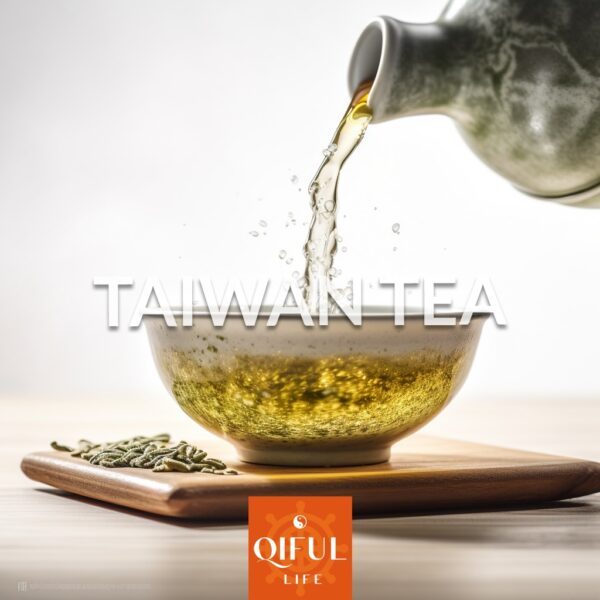Gourmet Tea » Tea Blog » Tea Information » The Importance of Tea in Chinese Culture

The Importance of Tea in Chinese Culture
Tea holds a special place in Chinese culture and history. In this article we review everything from tea history to tea spirit in China.
Tea in Chinese History
Tea holds a special place in Chinese culture and history. This article reviews everything from tea’s history to its cultural significance in China.
Tea has been an integral part of Chinese history for over 5,000 years, dating back to the origins of Chinese civilization. According to tradition, Shennong, a legendary figure and one of the ancestors of the Chinese people, invented tea.
Cultural Significance
Chinese people take pride in their rich cultural heritage and often identify themselves as descendants of Yan Huang, ancient ancestors of China. Both Yan and Huang recognized Shennong as their ancestor, highlighting the deep connection between Chinese culture and tea. Tea culture in China includes various elements such as tea ceremonies, tea spirit, tea wares, tea paintings, tea science, and tea arts.
Tea Ceremony and Philosophy
The Chinese tea ceremony, similar to practices like Yoga, represents a way of life centered around tea. It involves the art of making tea, appreciating its aroma, and savoring its taste. The tea ceremony promotes mindfulness and patience, encouraging an understanding of life philosophies, such as the idea that sweetness can follow bitterness, mirroring life’s ups and downs.
Tea Spirit
The concept of tea spirit includes eight standards: health, happiness, sweetness, good smell, harmony, lightness, respect, and beauty. These standards reflect tea’s holistic influence on life and culture.
Importance of Human Relations
Tea culture in China highlights the importance of human relationships, influenced by Confucianism. Respect for elders is a key aspect of tea gatherings, and sharing the first cup of tea signifies respect.
Teaware
Tea wares, such as teapots, play a significant role in Chinese tea culture. The choice of teapot can reflect an individual’s taste and wealth.
Tang Dynasty Influence
The Tang Dynasty saw a significant flourishing of Chinese tea culture. Emperors during this period greatly favored tea, leading to advancements in tea paintings, tea science (including tea cultivation), and tea arts.






